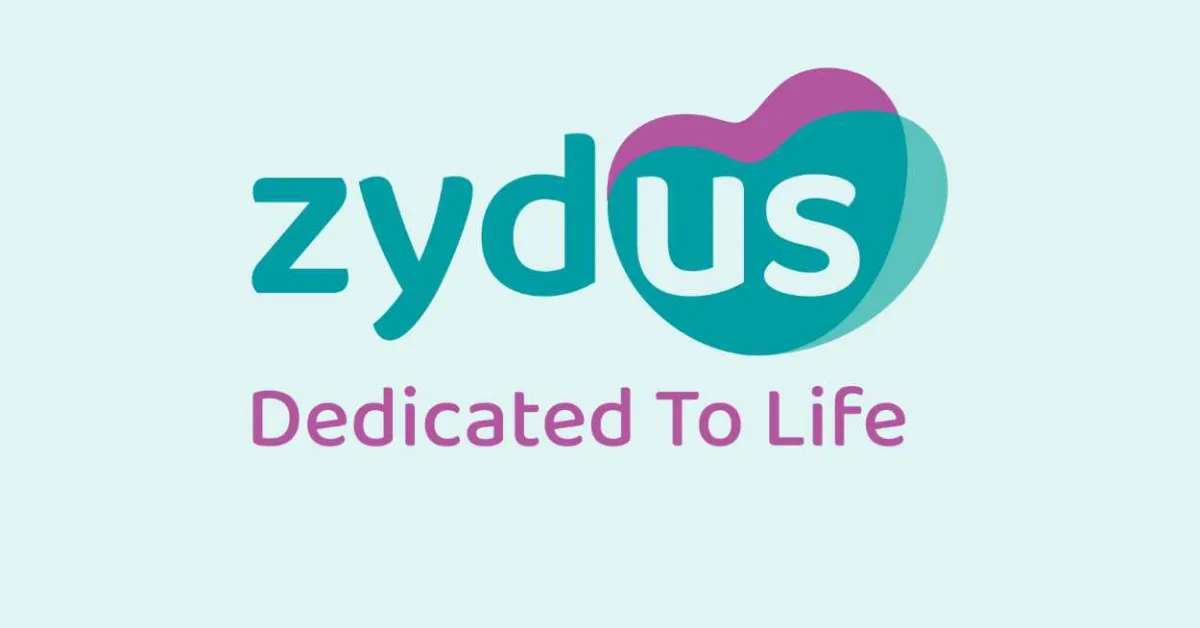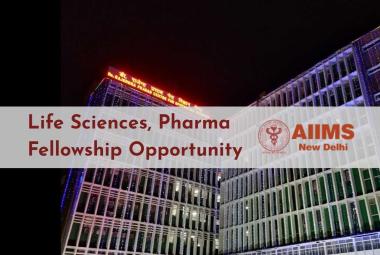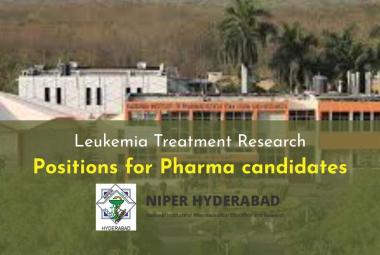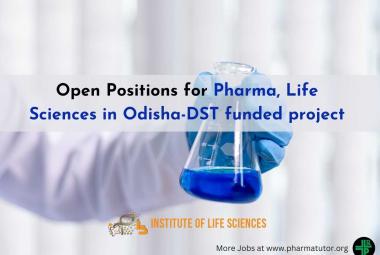PENNINGTON, N.J. Zydus Therapeutics, a wholly owned subsidiary of Zydus Lifesciences Ltd., a global innovation led healthcare company, announced positive topline results from the pivotal EPICS-III Phase 2(b)/3 clinical trial. In this trial, the safety and efficacy of Saroglitazar, an investigational alpha/gamma Peroxisome Proliferator-Activated Receptor (PPAR) aganist, was evaluated for the treatment of adult patients with Primary Biliary Cholangitis (PBC) who had an inadequate response or intolerance to ursodeoxycholic acid (UDCA), the current standard-of-care.
PBC is a rare, progressive autoimmune disease which gradually destroys the bile ducts, resulting in an accumulation of bile in the liver, which can result in fibrosis, cirrhosis, the need for liver transplantation or death. PBC is characterized by increases in biochemical markers, especially alkaline phosphatase (ALP) and bilirubin. Clinical symptoms include pruritus (itching) and fatigue, both of which can be severe.
The trial met its primary composite endpoint, with a treatment difference in achieving a biochemical response of 48.5%, favoring Saroglitazar 1mg compared to those treated with placebo. At 52 weeks, a biochemical response was defined as ALP levels below 1.67 times the upper normal limit, at least a 15% drop in ALP compared to the start, and normal total bilirubin (or normal direct bilirubin in patients with Gilbert’s syndrome). Both ALP and bilirubin are important markers of how PBC progresses. The study also reached a key secondary goal some patients had their ALP fully return to normal levels. Overall, Saroglitazar 1 mg was well tolerated, and side effects were similar in both the Saroglitazar and placebo groups.
Speaking on the development, Chairman of Zydus Lifesciences, Mr. Pankaj Patel said, “The EPICS-III results reinforce our commitment to advancing novel treatments for chronic liver disease — an area of high unmet medical need and growing global impact. Saroglitazar is the first PPAR alpha/gamma agonist to demonstrate positive Phase 3 data in patients with PBC and has the potential to bring real value to both patients and their healthcare providers who may need more options. As we look ahead, we’re excited about the potential of this investigational treatment and intend to discuss these results with regulatory agencies and plan to move forward with a regulatory submission to the U.S. Food and Drug Administration in the first quarter of 2026.”
“In clinical practice, we often see patients who continue to struggle despite being on standard therapy,” said Raj Vuppalanchi, MD, Professor of Medicine at Indiana University School of Medicine and Global Principal Investigator for the EPICS-III study. “Expanding our treatment options with new therapies could significantly change how we personalize care for individuals with PBC who haven’t responded to first-line treatment. We are thankful to the patients, their families, and the investigators whose participation made this study possible.”
Last year, the FDA approved two PPAR agonists in PBC, Gilead’s Livdelzi and Ipsen’s Iqirvo to compete for the market with Intercept’s FXR agonist Ocaliva.














